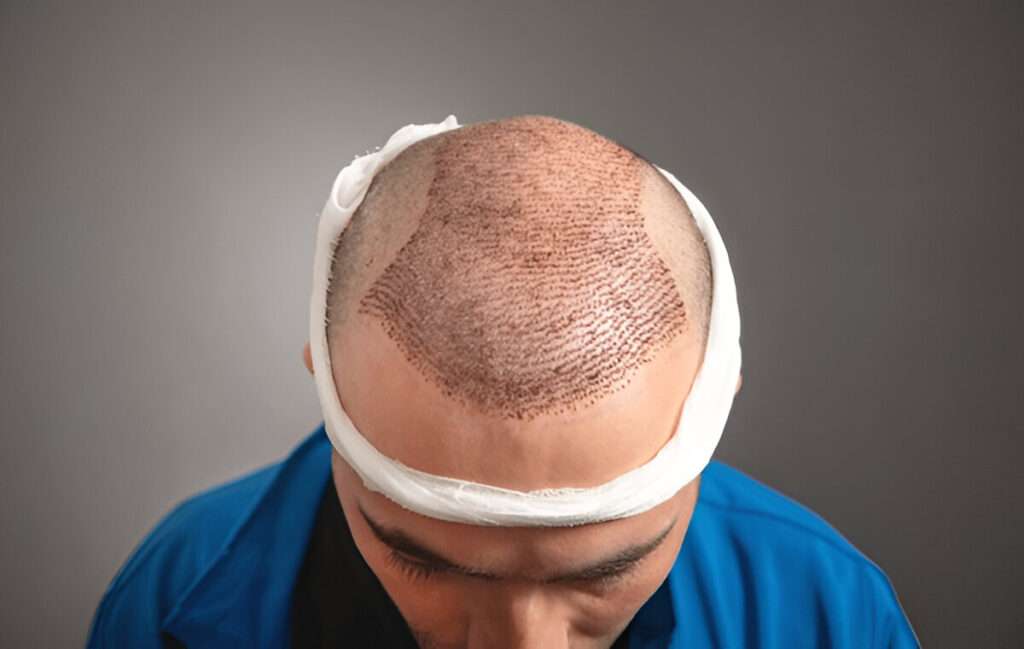Hair loss can affect men and women at any age. Many people feel self-conscious when they notice thinning hair. In the UK, more people now search for practical answers. Two popular choices are medication and surgical restoration. Some look for a hair transplant clinic in Manchester, while others try tablets or lotions first. But what’s the real difference between these options? This article explores both, helping you decide which might fit your needs.
What is a hair transplant?
A hair transplant is a permanent approach to restoring lost hair. In a hair transplant Manchester clinic, skilled doctors move healthy follicles from the back or side of your head to thinning areas. Over time, these follicles settle in and start to grow new hair. This approach creates natural results. You can style, wash, and cut your hair as you wish. The most common techniques are FUE and FUT. Both methods work well when done by experts.
What is hair loss medication?
Medication for hair loss usually comes as tablets or topical lotions. The two most popular in the UK are finasteride and minoxidil. Finasteride helps slow hair loss by blocking hormones that shrink hair follicles. Minoxidil improves blood flow to the scalp, making hair thicker and sometimes encouraging regrowth. Both options are available with a prescription or over the counter. Many people try medication first before considering a hair transplant Manchester option.
Comparing results
Transplant and medication offer different outcomes. After a hair transplant Manchester procedure, hair grows where it was lost. Results are usually permanent. Medication, on the other hand, slows or sometimes reverses thinning, but only as long as you keep using it. If you stop, hair loss often resumes. Medication works best for mild to moderate cases. Transplant is chosen for more advanced thinning or when medication fails to deliver visible results.
Maintenance and aftercare
One big difference lies in the effort required. With a hair transplant in Manchester, recovery takes a few weeks. After that, new hair grows naturally, with little daily upkeep. You will need follow-ups with your clinic. In contrast, medication demands consistency. You must remember to apply lotions or take tablets daily, sometimes for years to come. If you miss doses or stop entirely, you may lose progress.
Cost over time
Initially, a hair transplant in Manchester often costs more than starting medication. However, medication costs add up over months and years. Some patients find that regular pharmacy visits and repeat prescriptions eventually match the one-time investment in surgery. Consider what you can afford long-term, not just at the start.
Side effects and risks
Every solution has its risks. A hair transplant procedure in Manchester has a short recovery period and a minimal risk of infection, swelling, or scarring. These risks are low at experienced clinics. Medication can also cause side effects. Finasteride may affect mood or sexual function in a small percentage of people. Minoxidil can irritate the scalp. Always speak to your doctor about risks before you decide.
Suitability: who is it for?
Medication helps those with early-stage thinning or those not ready for surgery. If you have advanced loss or want a lasting fix, a hair transplant Manchester centre may suggest restoration. Some people combine both options. Medication can preserve hair after a procedure, helping keep results longer.
Choosing the right path
Deciding between medication and a hair transplant Manchester plan comes down to your goals. If you want to slow the loss with minimal fuss, medication may help. If you’re going to fill in bald areas and enjoy natural-looking hair, surgery may suit you. Many UK clinics offer consultations. They review your history, examine your scalp, and suggest the best route.
Support and advice
In cities like Manchester, patients can find reputable clinics. A hair transplant Manchester specialist will guide you through the decision. You will learn about techniques, see before-and-after photos, and hear honest advice about expectations. Medication can be prescribed by GPs, pharmacists, or hair specialists. Support makes a difference whichever route you take.
Conclusion
Hair restoration comes in many forms. Both a hair transplant procedure in Manchester and medication have their place. Your age, goals, and hair pattern all shape the best solution. In the UK, more people now choose early action and expert advice. No matter your path, remember that support is available. With patience and the right plan, you can regain confidence and enjoy a healthy head of hair.

